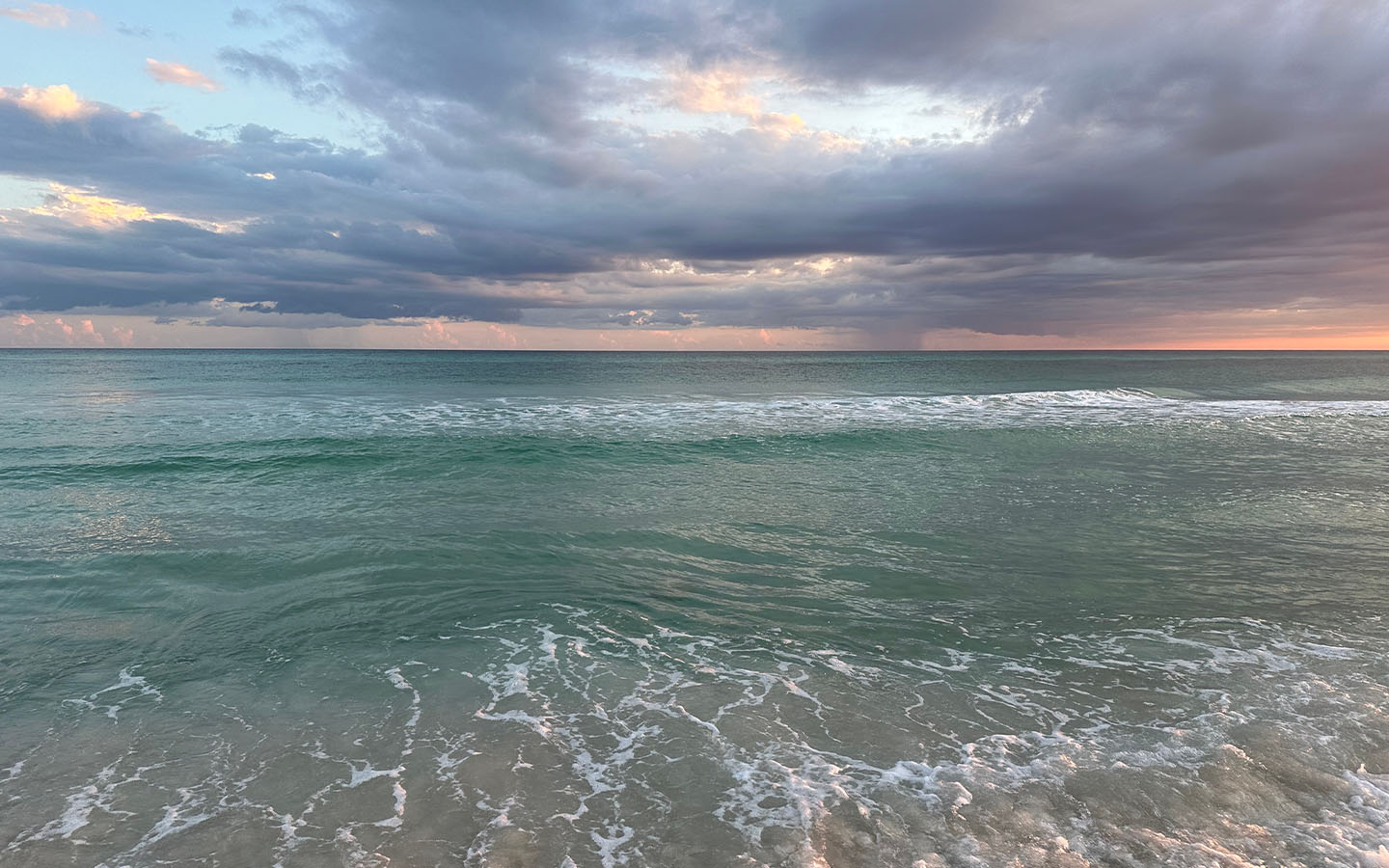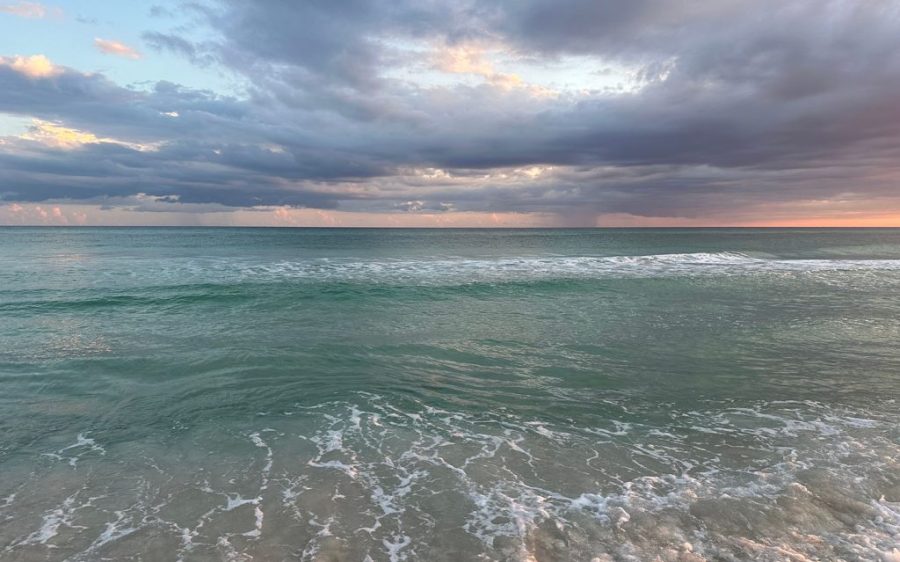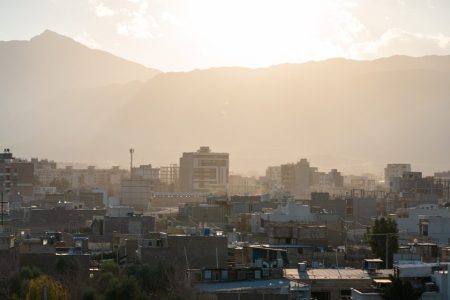The US Geographic Names Information System (GNIS) officially updated the name of the Gulf of Mexico to the “Gulf of America” late on Sunday, prompting a raft of internet platforms to also make the switch, while the Associated Press faced blowback for not following suit, reports CNN.
Google announced last month that it would comply with the name change ordered by President Donald Trump once the official listing was updated, and began to roll it out on Sunday: US users will see “Gulf of America,” Mexican users will see the original name and everyone else will see both. Apple updated its maps on Tuesday for US users, although reporting from Bloomberg indicates the company will soon roll out the name changes for all users.
Trump issued the executive order renaming the gulf alongside a name change to Denali, the nation’s tallest mountain, reverting it to “Mount McKinley.” Trump said the changes “honour American greatness.”
The order criticised former President Barack Obama, calling the 2015 name change to Denali “an affront to President McKinley’s life, his achievements, and his sacrifice.” McKinley never visited the location, nor had any connection to the mountain or to Alaska, which became a state some 58 years after McKinley’s death. Alaska representatives had campaigned for four decades to have the name changed to Denali, the indigenous name for the mountain.
[See more: ‘Not a snowball’s chance in hell.’ Trudeau slams Trump’s ‘51st state’ suggestion]
Agencies within the federal government also made the change to “Gulf of America” after the GNIS update. The US Coast Guard, responsible for patrolling the country’s maritime coastal waters, began incorporating the new name in its public notices. The Federal Aviation Administration (FAA) issued a notice on Monday that it was “in the process of updating our data and charts” for both the gulf and the mountain.
The Associated Press, an independent American news agency, took a different approach. The AP updated its stylebook to “Mount McKinley,” as the mountain “lies solely in the United States” and the US president “has the authority to change federal geographical names within the country.” The same is not true of the Gulf of Mexico, so the AP will continue with the name “easily recognisable to all audiences,” while also “acknowledging the name” chosen by the president.
Trump responded to this compromise by barring an AP reporter from an afternoon Q&A in the Oval Office on Tuesday, then a second reporter later in the day. The move was described as “viewpoint discrimination” and “a clear violation of the First Amendment,” by AP executive editor Julie Pace in a letter to the White House. “The issue here is free speech – a fundamental pillar of American democracy and value of utmost importance to all Americans, regardless of political persuasion, occupation or industry,” she wrote.
Trump styles himself as a champion of free speech, but he and his administration have begun weaponizing language and policing its use to a degree never before seen in the US. Most of these efforts have been targeted toward transgender and nonbinary individuals, people of colour and people with disabilities, scrapping DEI (diversity, equity and inclusion) initiatives that existed during his previous administration and scrubbing terms and entire papers and websites based on a real or perceived association with these groups.






